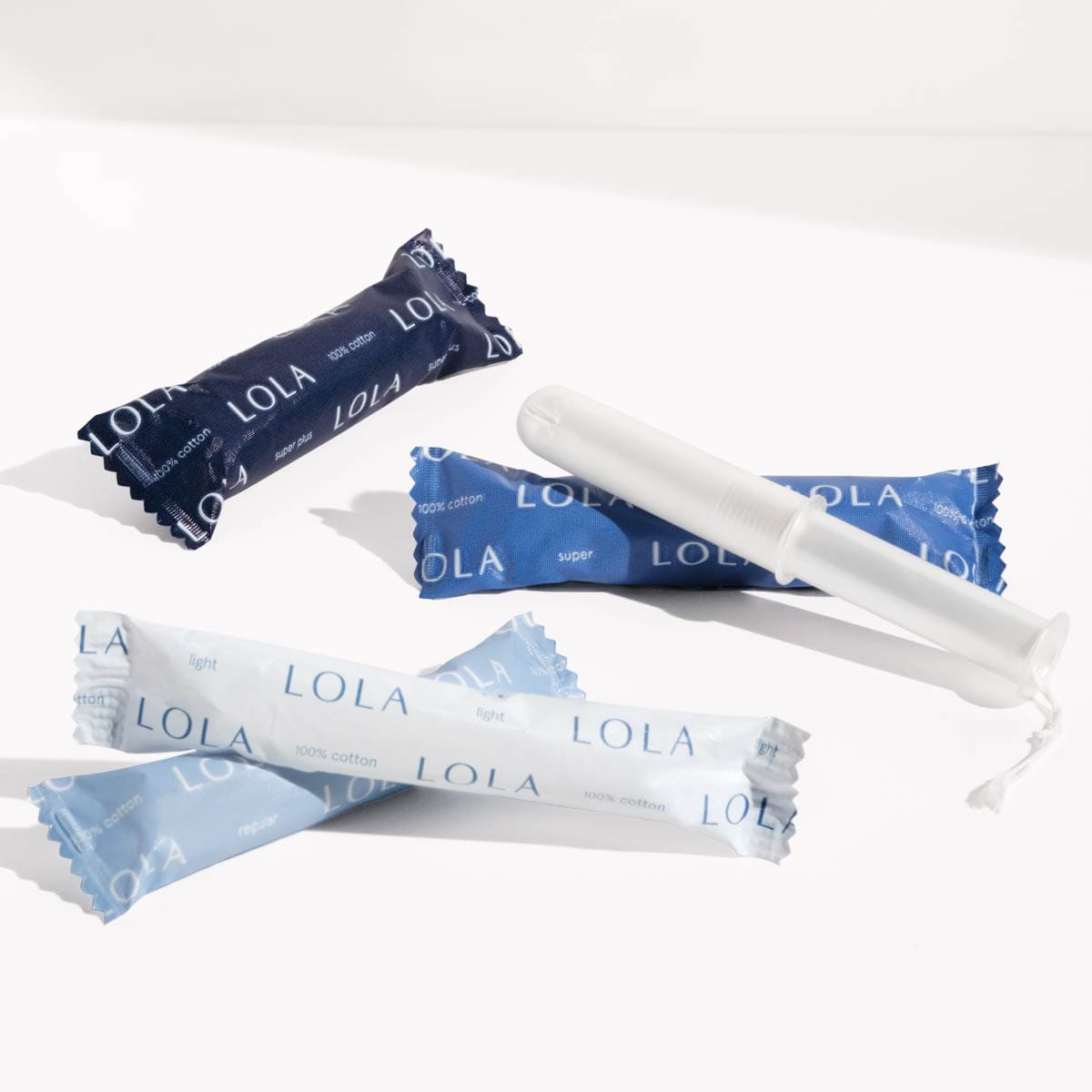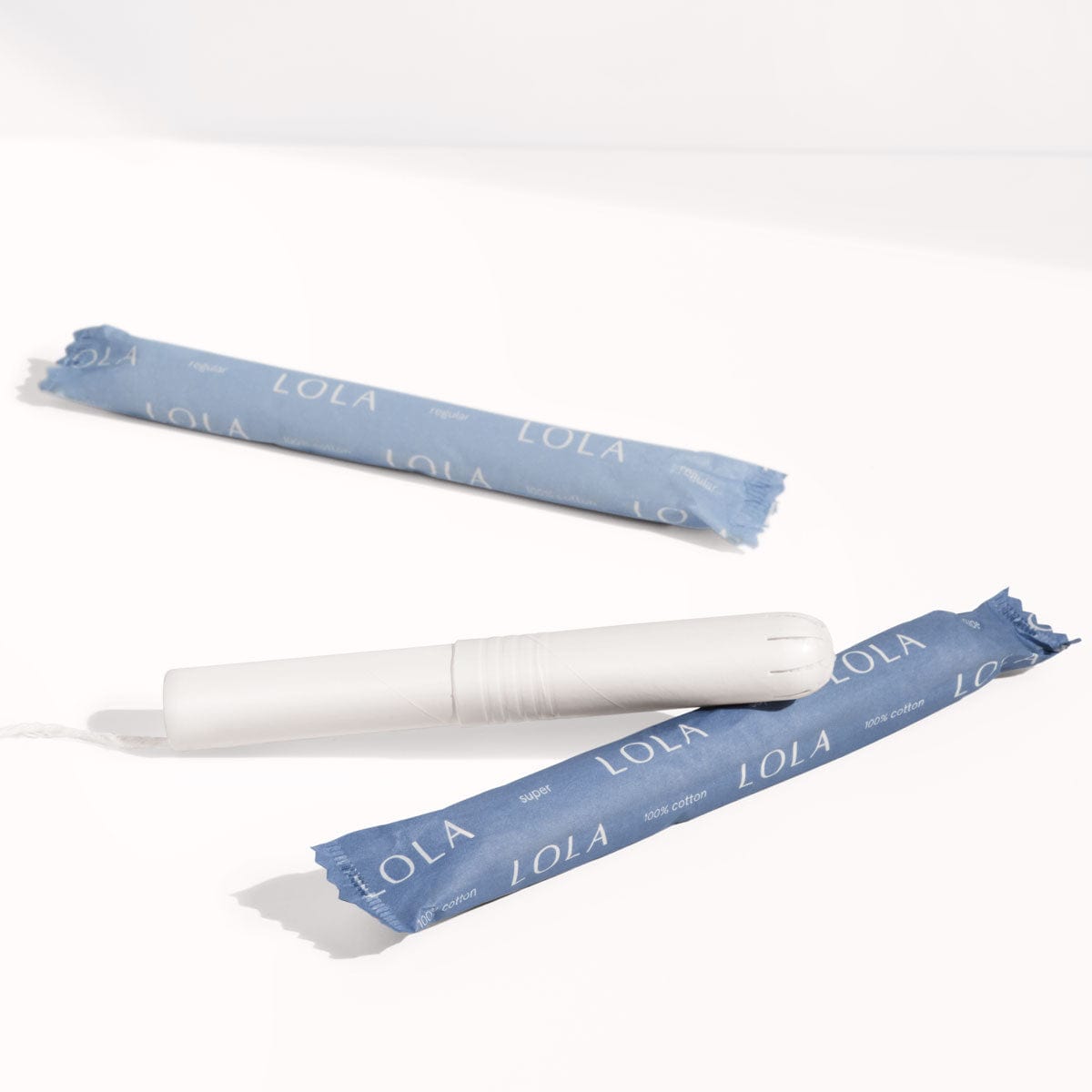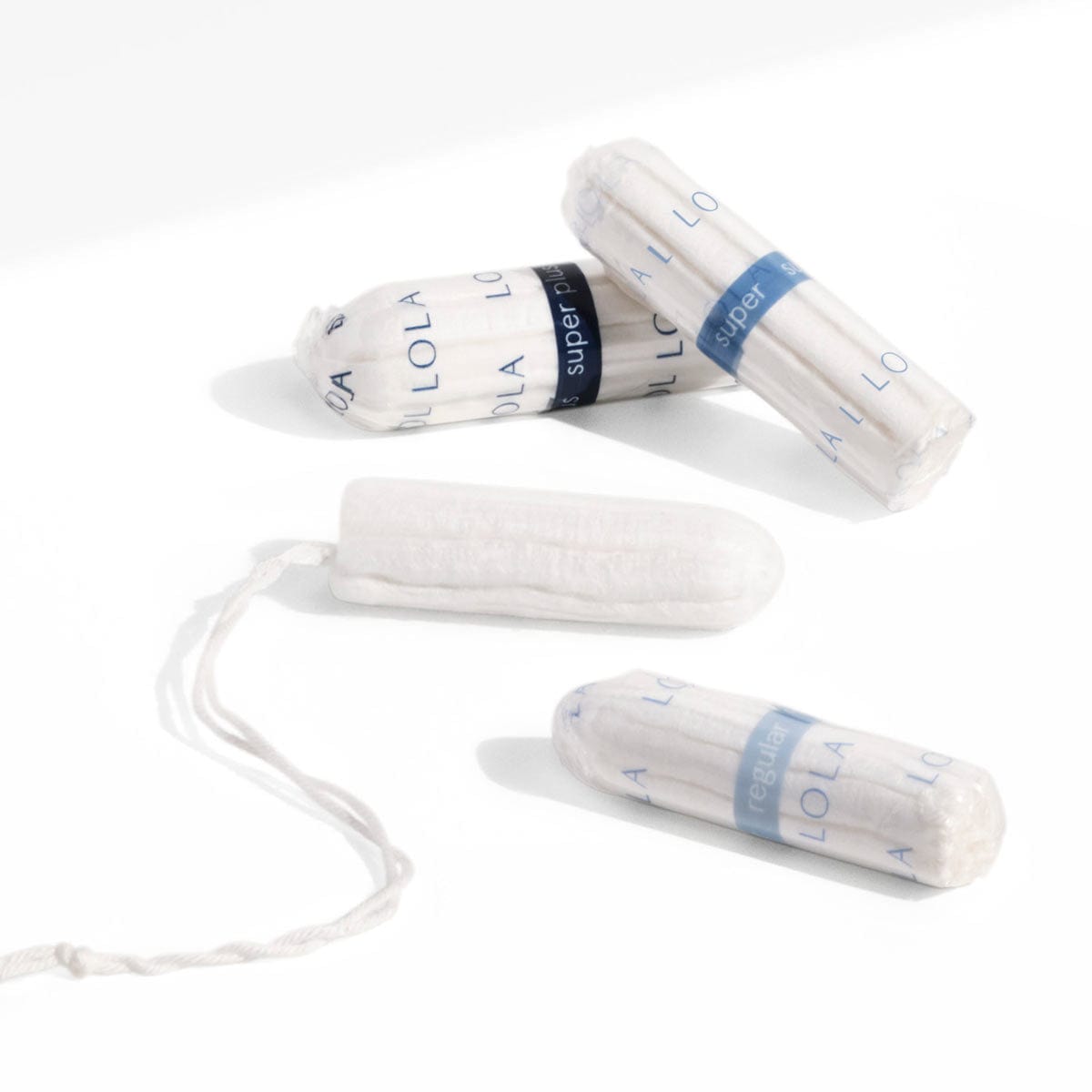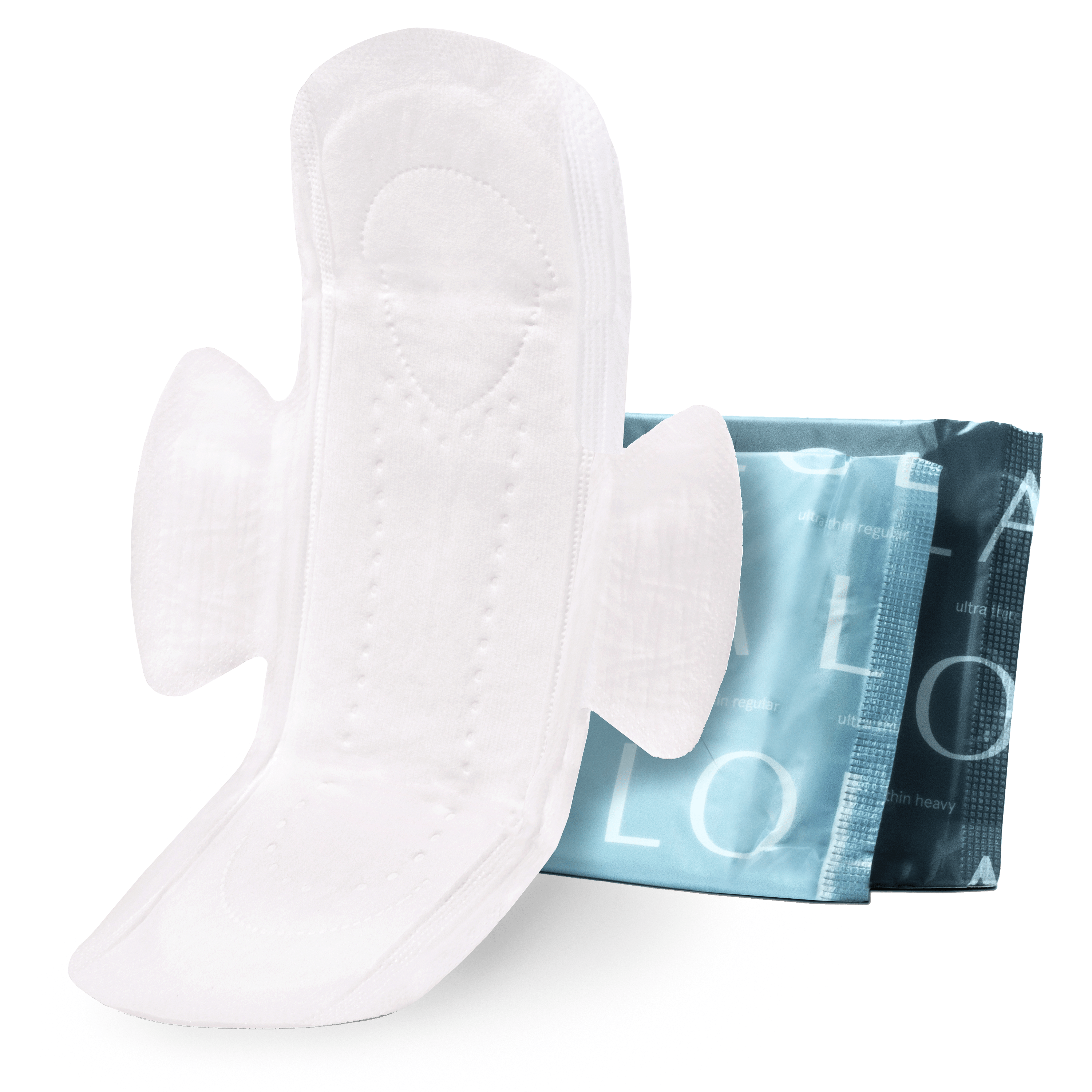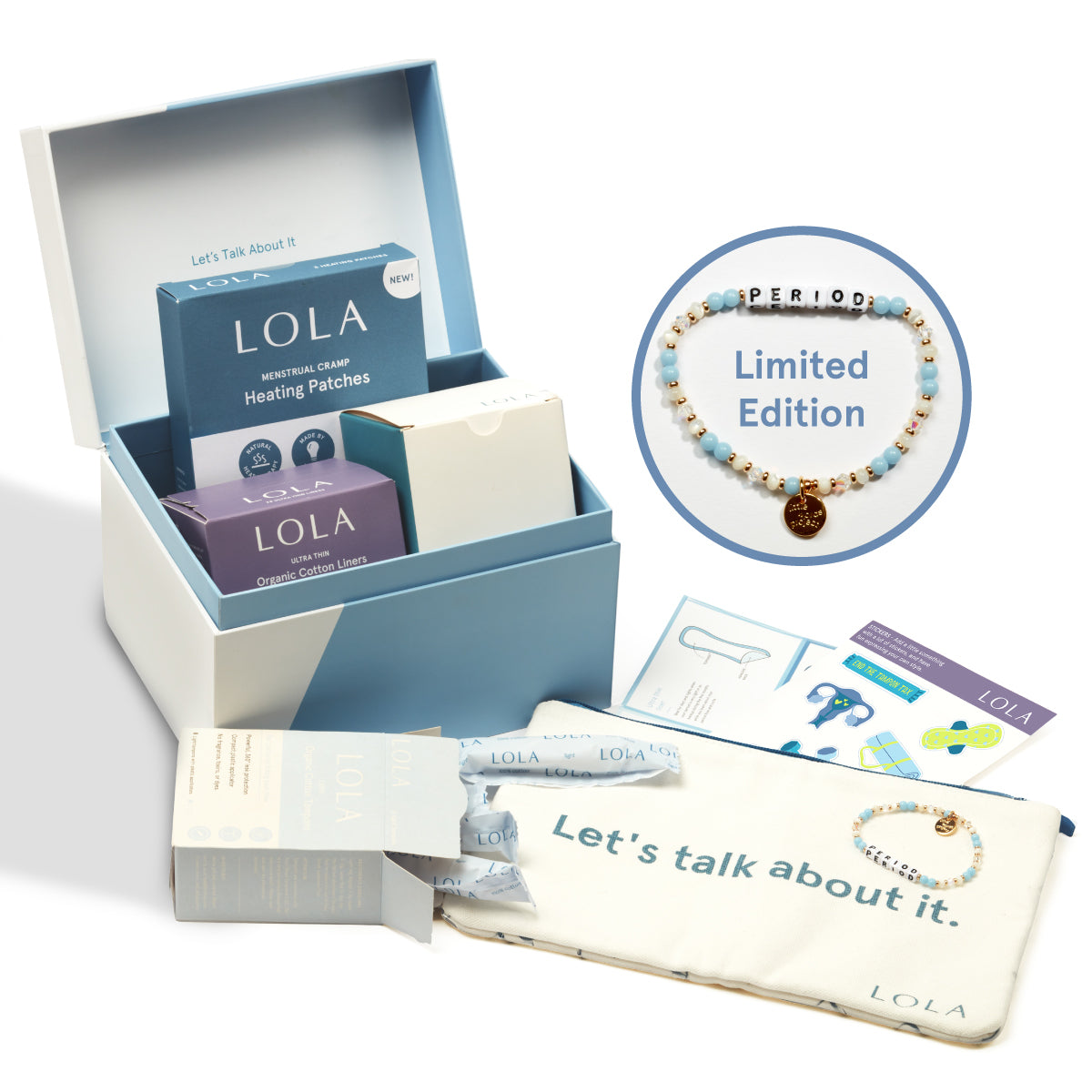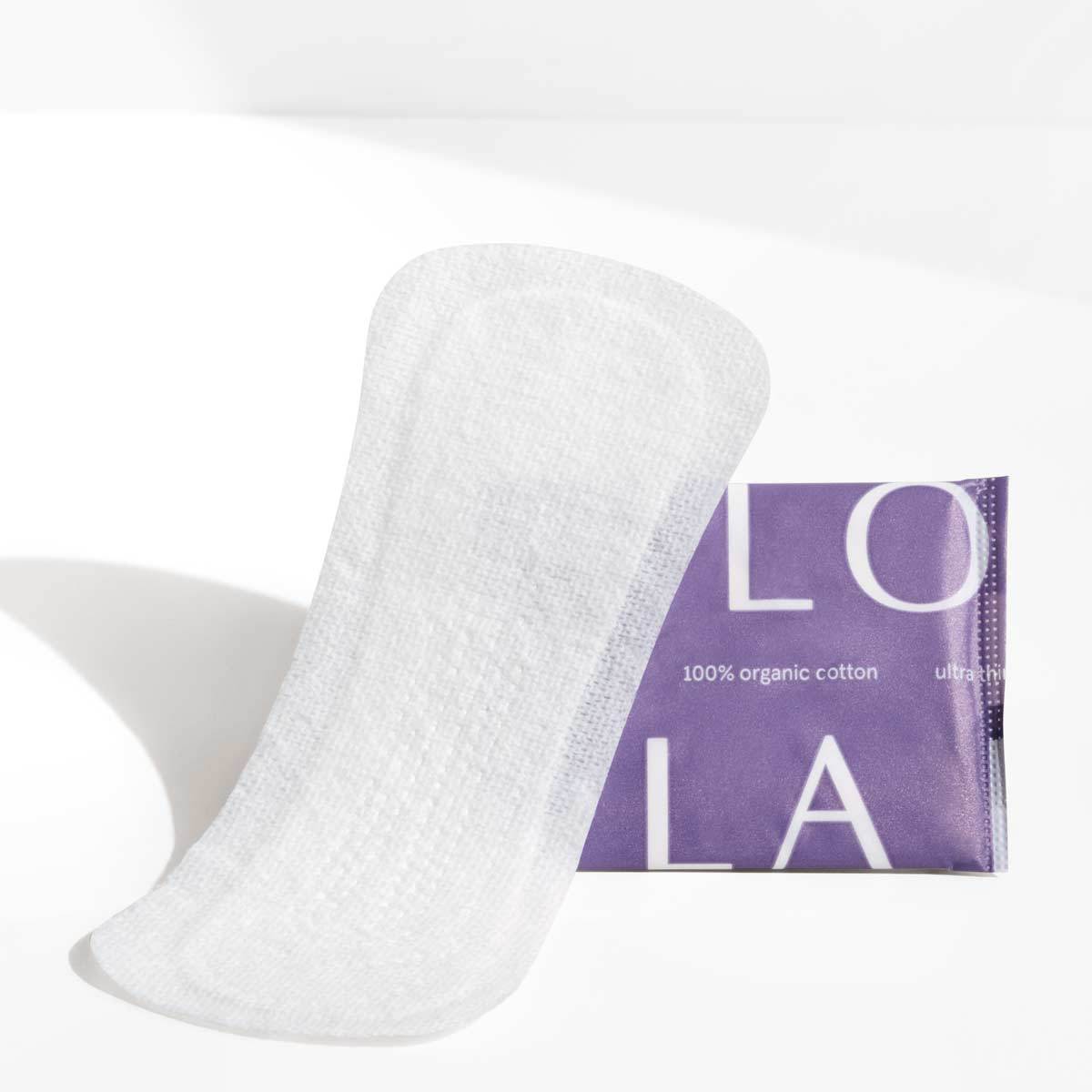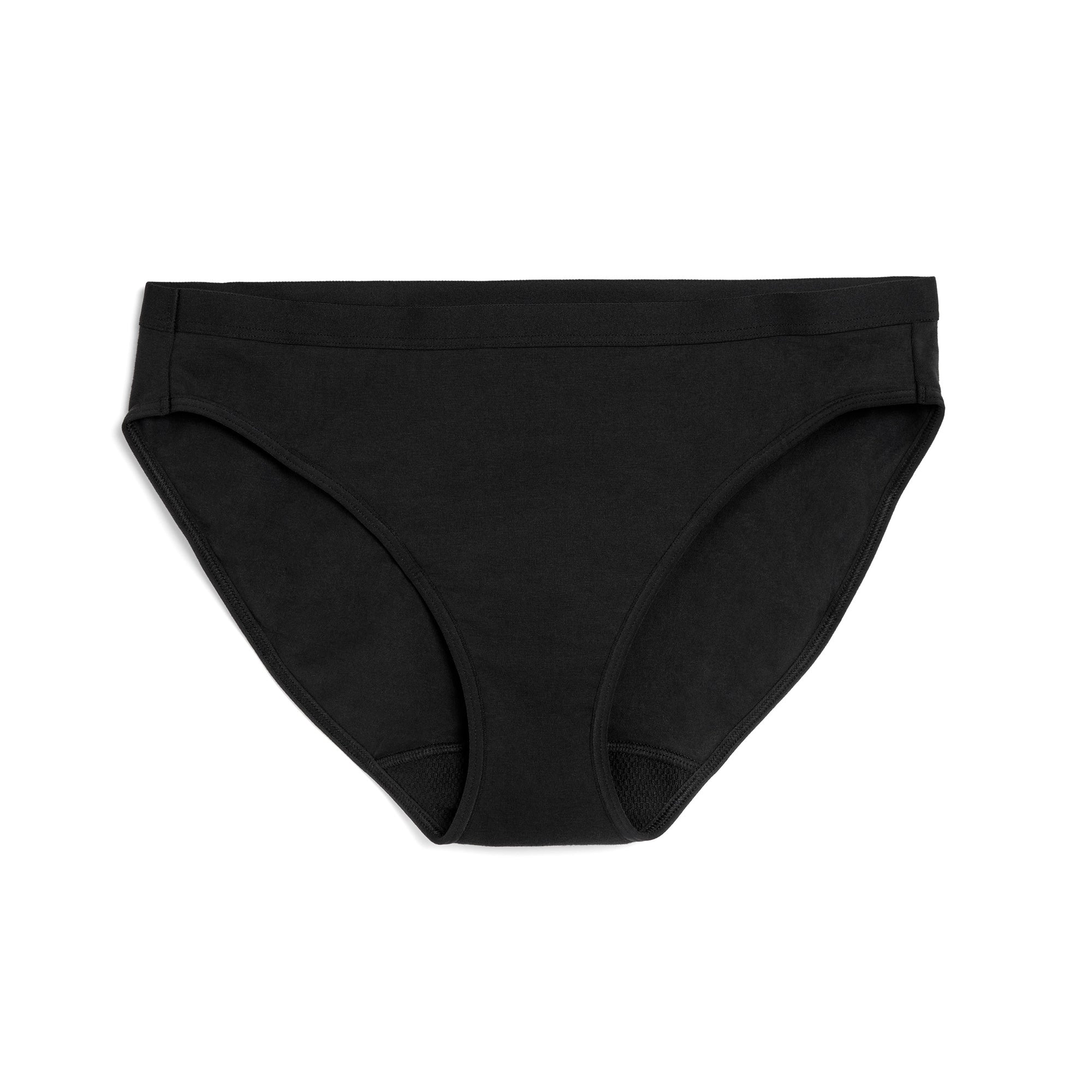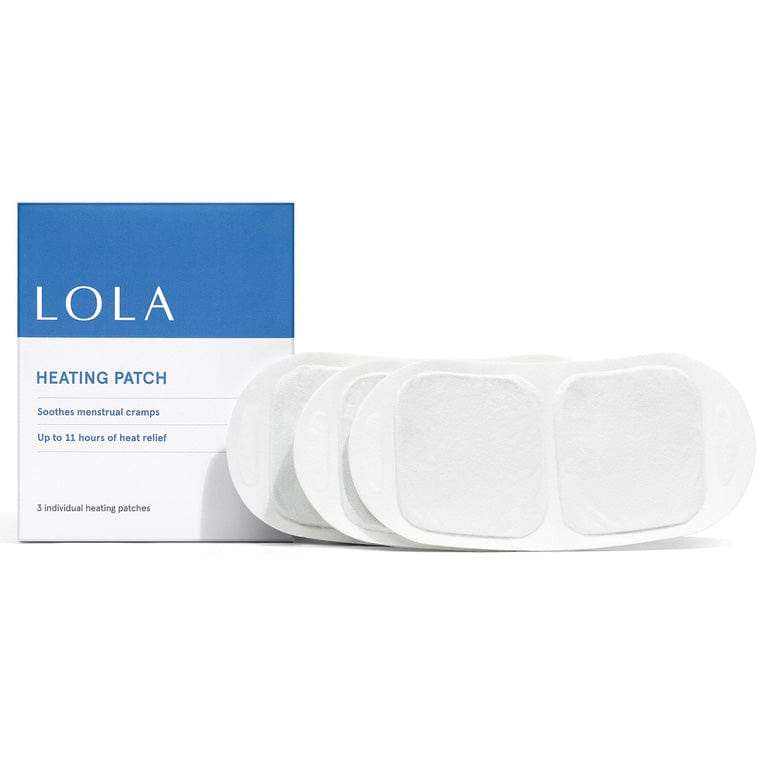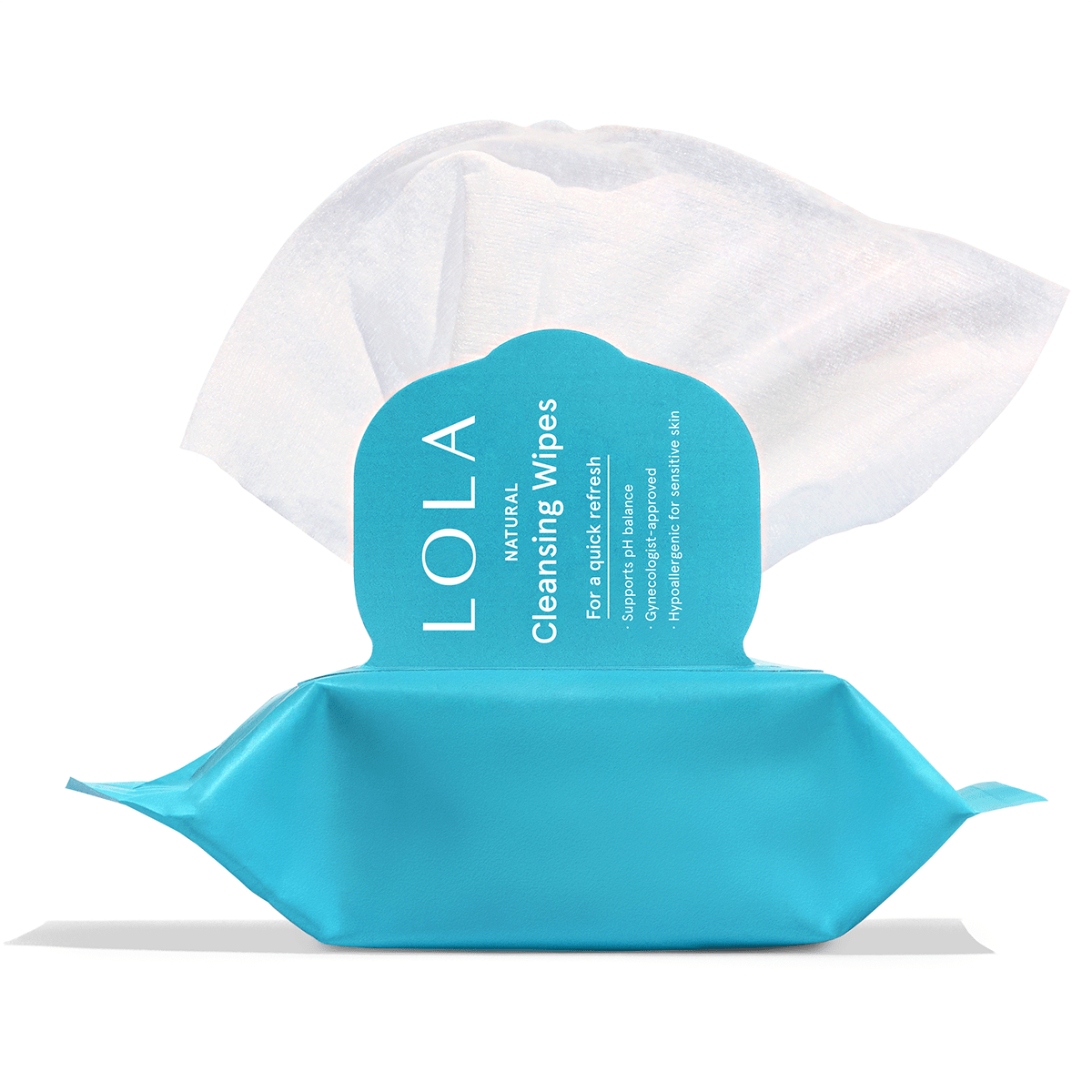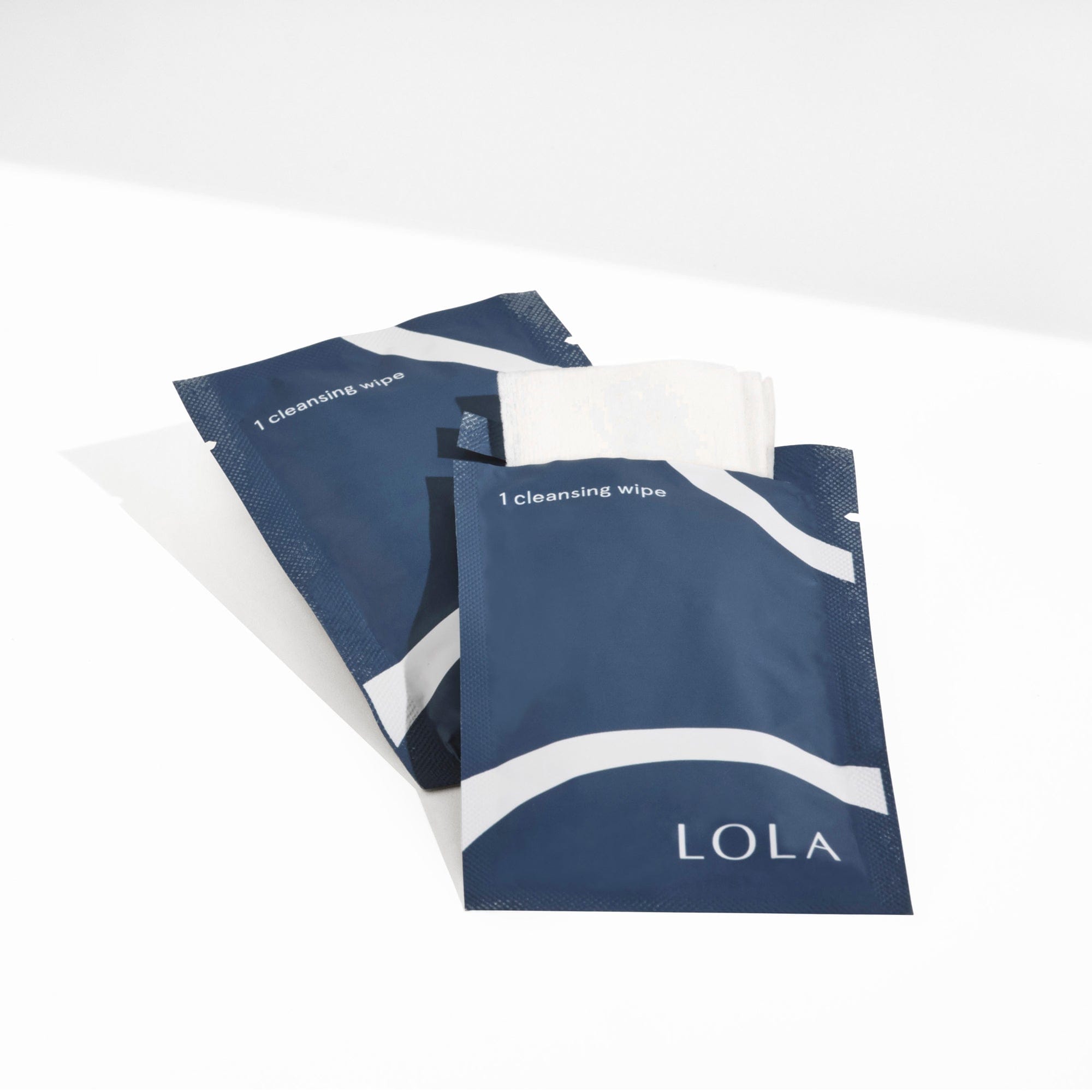Lube makes sex better, full stop. Whether you’re engaging in penetration, solo play, fingering, or oral, personal lubricant eases friction and enhances pleasure. It keeps everything down there smooth, wet, and slippery in the best way, and keeps the party going without dryness or chafing calling it early. However, there are different kinds of lubes depending on what you’re in the mood for, and what feels best for you.
Silicone-based lubricant is thick and long-lasting, making it ideal for marathon sessions, anal sex, or shower sex. You’ll want to bench it if you’re using silicone sex toys, though, as the lube will cause the toys to break down. Water-based lubricant mimics the vagina’s natural moisture, making it a light-weight, skin-sensitive choice if you’re prone to irritation. The downside: it’s thinner and may dry out, so be prepared to reapply. We’ll discuss everything you need to know about silicone and water-based lubes, and when to use each.
Experience smooth, irritation-free pleasure with hypoallergenic lube, made with natural ingredients and pH-balanced for vaginal health. Shop Hypoallergenic Lube
What Are Silicone-Based Lubricants?
Silicone-based lubricants are long-lasting, hypoallergenic formulations. They’re thick and water-resistant, keeping things smooth and slippery for a good while before you have to reapply. While silicone is preservative-free, making it generally sensitive-skin safe, it could still cause irritation. Silicone-based lubes are condom-compatible, but keep them away from your silicone sex toys, which they will cause to degrade.
|
Silicone Lubricant Benefits |
Silicone Lubricant Drawbacks |
|
|
What Are Water-Based Lubricants?
Water-based lubricants are natural, non-irritating formulations that mimic vaginal moisture. They’re affordable, easy to clean off, and versatile–suitable for solo play, penetration, oral, or with sex toys. Keep in mind that they’re thinner and can dry out, so don’t be afraid to reapply, reapply, reapply.
|
Pros |
Cons |
|
|
Comparison of Lubricant Types
Both water-based and silicone-based lubes are your ticket to more pleasurable sex. But their applications are nuanced. Make silicone lubricant your go-to for shower sex, or whenever you need a helper that’s extra-slick and long-lasting. But stick with water-based lube if you’re using sex toys. So long as you’re not hitting the tub with your partner, water-based lube will serve you well. But keep in mind you may have to reapply during a longer session.
|
Water-based lube |
Silicone-based lube |
|
|
Performance |
-Natural-feeling, light-weight -Will dry out over time -May need reapplication |
-Thick and slick -Long-lasting |
|
Cleaning |
-Easy clean-up -Mess-free |
-May be sticky and slippery -Harder to clean off -May stain sheets |
|
Usage |
-Versatile -Good for solo sex, penetration, oral + more -Sex-toy compatible -Condom-compatible -Recommended for vaginal dryness relief |
-Shower or tub sex, anal sex, penetration, masturbation + more -Not recommended for oral -Not sex-toy compatible -Condom-compatible -Recommended for vaginal dryness relief |
Choosing the Right Lube
Whether you go with a feminine care lubricant that’s silicone or water-based, the most important thing is selecting products with safe ingredients that support vaginal health.
“In general, the fewer ingredients, the better,” says Sarah Melancon, certified sexologist with Womens-health.com.
In water-based lubes, natural lubricant ingredients like citric acid, aloe vera (which is soothing and moisturizing), potassium sorbate, and xanthan gum get the A-OK from Melancon. She suggests seeking out organic lubes that are formulated to maintain natural vaginal pH levels (between 3.8 and 4.5), and contain body-safe, plant-based ingredients that support sensitive skin.
Melancon recommends avoiding any lubes with fragrance, parabens, flavoring, sodium hydroxide, chlorhexidine, and polyquaternium, which can all cause irritation. If you’re prone to yeast infections, avoid glycerin, which is derived from sugar. Propylene glycol, in larger amounts, can cause irritation and disrupt the vaginal microbiome, leading to infections. She suggests staying away from over-the-counter options like Astroglide and KY-Jelly, which can contain harmful additives.
Keep an eye out for any numbing ingredients, like benzocaine or lidocaine, which may lead to tissue damage; or spermicide like nonoxynol-9, which can cause irritation, disrupt the vaginal microbiome, and increase risk of HIV transmission.
While both silicone and water-based lubes are compatible with latex condoms, and can help penetration-with-protection feel better, remember to never use oil-based lubricants with condoms, as they will degrade the latex and render them ineffective.
Trust in hypoallergenic lube for a water-based, pH-balanced solution that’s kind to your skin and designed for comfort. Shop Hypoallergenic Lube
Expert Advice and FAQs
“Lube is your best friend,” says sexologist Jessica O’Reilly. “Use it generously.”
Whether you’re contending with vaginal dryness caused by postpartum, breastfeeding, or medication side-effects—or if you’re simply not feeling as wet as you’d like to—set aside any stigma around using lube. It’s a tool to enhance your experience, bottom line.
By helping keep everything smoother, wetter, and friction-free, lube can lead to better, more pleasurable sex. But if you still find yourself experiencing any pain or discomfort during sex, listen to your body and take a time out. You may want to contact your doctor, who will conduct a pelvic exam, and if necessary, refer you to a pelvic floor specialist or sex therapist, who can evaluate your situation. “Finding a primary care doctor who is sex-positive and knowledgeable about sexual pain can serve as an excellent starting point to navigate this challenging journey,” says Rhiannon John, sexologist with bedbible.com.
Is water-based lube better than silicone?
Water-based lube is better than silicone for use with silicone sex toys, because silicone lube will degrade the toys. Organic, pH-balanced water-based lube containing natural ingredients may be more suitable for sensitive skin.
What is the disadvantage of silicone lubricant?
Silicone lubricant shouldn’t be used with silicone sex toys, as it will cause them to degrade. It can be slippery, hard to clean up, and may stain sheets. Some silicone lubricants may contain irritating fragrances or dyes.
What type of lube do gynecologists recommend?
Gynecologists recommend water-based or silicone lubes that are free of irritating ingredients like fragrances, dyes, parabens, glycerin, or petrochemicals.
When should you not use silicone lubricant?
Never use silicone lubricant with silicone sex toys. While safe to ingest in small amounts, silicone lube is generally not recommended for oral sex.
Hey, there, smooth operator! Use LOLA’s water-based hypoallergenic personal lubricant to make sex wetter and better. [Shop now]
Lube is there for you to help you feel your best during intimacy. Whether you go with water-based or silicone depends on your personal preference and what you’re looking for. Here are a few quick tips to consider when you’re deciding:
- Water-based and silicone lubes can be of assistance during penetration, fingering, and solo pleasure
- If you’re using silicone sex toys, always go with water-based lube rather than silicone, as the latter can degrade the toys
- Choose silicone lube over water-based if you’re planning a tub or shower session
- Silicone lubricants may be better suited for anal sex, because the formulation is thicker and longer-lasting than water-based lubes
- While safe to ingest in small amounts, silicone lubes are generally not recommended for oral sex
- Water-based lubes have a natural feel that mimics your own body’s moisture, but might require reapplying during longer sessions
- Silicone is harder to clean up than water-based lube, can be slippery, and may stain sheets
- Avoid lubes with chemical ingredients and additives including fragrance, flavoring, dyes, glycerin, parabens, and propylene glycol, all of which can cause irritation
- Look for organic lubes with natural lubricant ingredients, like aloe vera and Vitamin E. The fewer ingredients, the better
- Water-based and silicone lubes are both safe to use with condoms. Remember to never use oil-based lubricants with condoms, as they will degrade the latex and render them ineffective
Be sure to do your research when choosing a lube. Everybody is different, and certain ingredients and additives can lead to vaginal irritation or worse–and nothing kills the mood quicker. LOLA’s Personal Lubricant is hypoallergenic, pH-balanced, and made with natural ingredients to support vaginal health, so you can focus on feeling good. And there’s more where that came from. Shop LOLA’s sex collection for more products that put your pleasure and safety first.
